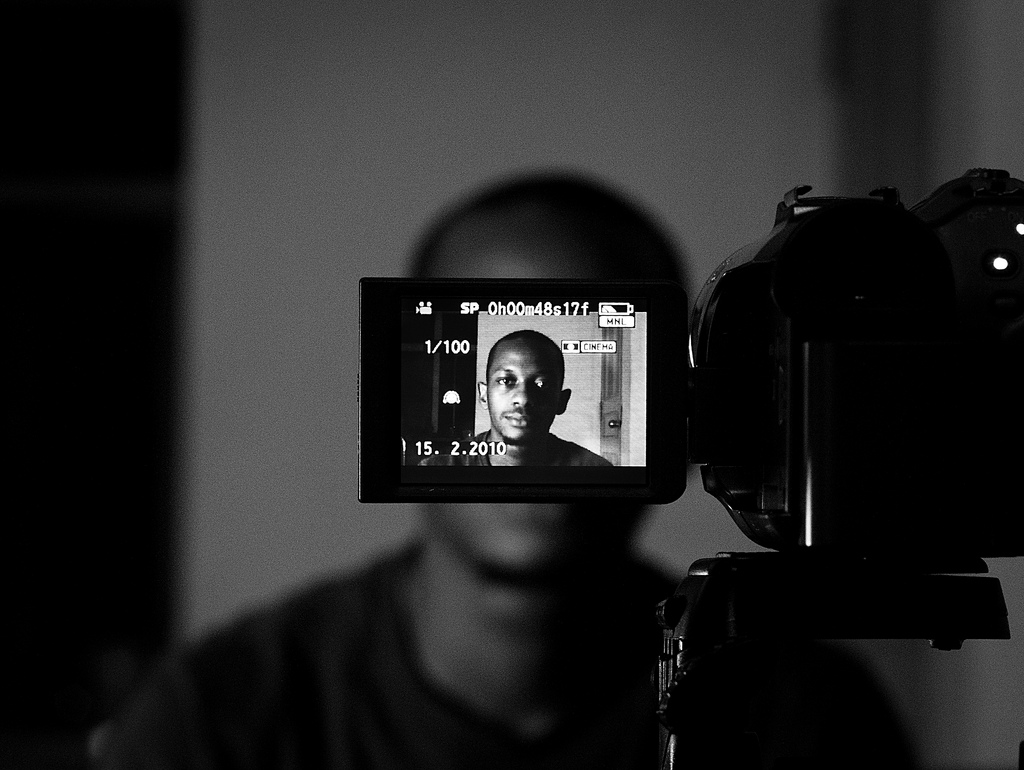
Konstantin Stanislavsky once said, “There are no small roles, only small actors.”
He was a theatre man and lived before the age of the television commercial. Were he alive now, his opinion might change, because most commercial roles are indeed very short. Most television spots are only 30 seconds long, total. That means that an actor is on screen for maybe 20 seconds, and in that time they are expected to inhabit a character, tell a story, and sell a product.
Many traits come into play when an actor is selected for a role in a TV commercial including look, personality, and acting ability. In order to nail a commercial audition and become the next Dos Equis man or Flo the Progressive Insurance lady, actors first need to know how to audition for a commercial.
Preparation
Commercial auditions are different than most theater and film auditions. They are shorter, lasting only 2-3 minutes. The script is more concise, leaving the actor to inhabit the character and fill in the blanks for the audience. Also, and perhaps most importantly, commercials have an ulterior motive of selling a product to viewers. Correct preparation before a commercial audition can make or break an actor’s chances of being cast.
Although the sides may only be released hours or days in advance, be as familiar with the copy as possible. Know the words as well as possible, and prepare several different interpretations. Casting directors and advertisers will often want to see different takes on the characters in their ads and having more than one read prepared is good form. It should be noted that the reads should all have a positive, uplifting feel to them. Most television marketers want to impart a general feeling of well-being to their audience because anger and sadness just do not sell well.
Before heading off to the audition, actors should make sure they have their headshot, resume, and character-appropriate clothing. Wearing clothes that make an actor look like the character can give directors a peek at how an actor will fit in the commercial. Obviously, someone selling hiking gear will dress differently than someone selling luxury cars, so try to match the character. Finally, always leave plenty of time and arrive early if possible to reduce stress.
In the Audition Room
First, as you sit in the waiting room, take a moment to focus on the task at hand. Be prepared to execute what you have rehearsed upon entering the room because there will not be an abundance of time. Often, commercial casting is a fast-paced and hectic affair. Try not to let the nervousness of others around you, including the casting director, influence your frame of mind.
Once in the casting room, the first request will be a slate, directly to the camera. This is the first chance that the company’s marketing directors see the actor, so make the most of it. Slate your name confidently and pleasantly to impart a positive vibe from the start.
Next, the CD may ask for a full body shot or a full body turn, side shots or pictures of you in profile. This is so they can get a sense of how your entire body looks on camera. Again, be confident, they called you in for the role because you are a match for their character. There is nothing to be self-conscious about.
Last will be the actual read. Even though commercials are short, they are never rushed. Commercial actors are always under control, not matter what the circumstances of the script may be. Do not rush the dialog, or speak too slowly, a relaxed actor will always speak at an appropriate pace.
After the first read, be prepared to receive notes. Pay special attention to the director’s words and ask clarifying questions if needed. This is the perfect time to bust out an alternative interpretation that you prepared the night before. Finally, thank everyone and leave with a smile. Starting on a positive note and ending on a positive note will only help your chances of being cast.
This may seem like a lot of advice just for a short audition, but with practice and careful attention it will become second nature. Maybe Konstantin was right, even small roles like commercials require large amounts of acting skill.
[su_note]Learn more about the School of Acting at the New York Film Academy by clicking here.[/su_note]